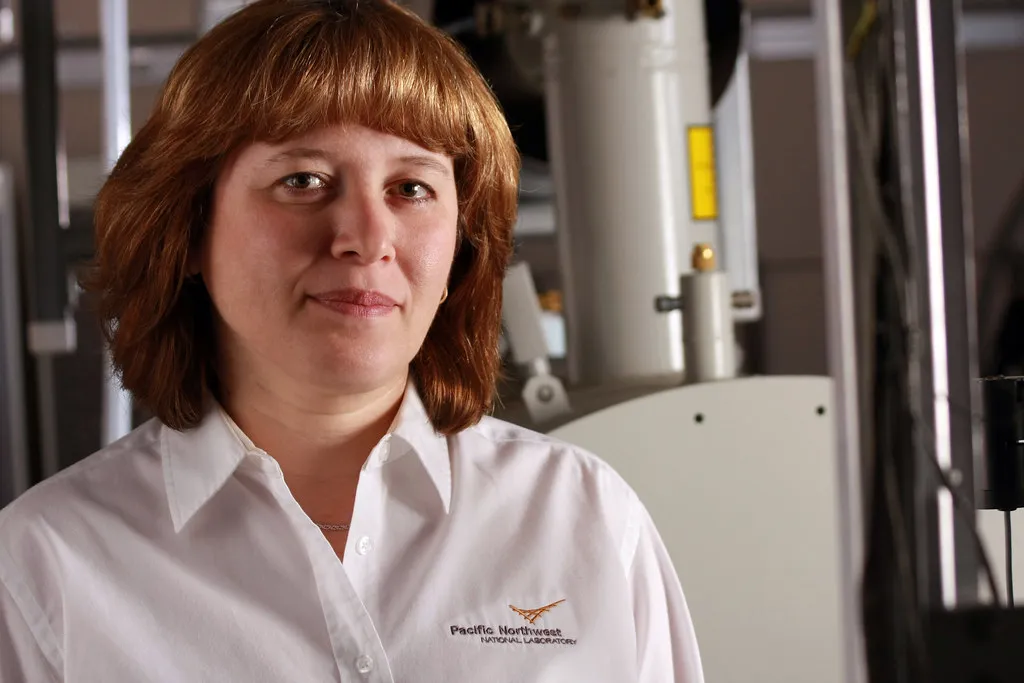
Mouthwash containing chlorhexidine or hydrogen peroxide may be prescribed to treat ANUG. Some chlorhexidine mouthwashes are also available over the counter, though they may not be as effective as a hydrogen peroxide mouthwash. In some cases of gum disease, root planing (debridement) may be required. This is a deep clean under the gums that gets rid of bacteria from the roots of your teeth.
However, it’s important not to swallow fluoride-containing mouthwash, she says, so children who aren’t able to spit yet should not use it. When choosing the best mouthwash for you, first think think about the specific issues you’re trying to address. “Sometimes the key to treating those concerns is just using what you’re already using in a better way,” she explains. That’s another reason to check in with your dentist before going out to buy something new. Treatments range from nonsurgical therapies that control bacterial growth to surgery that restores supportive tissues.
Gum disease, also known as periodontal disease, is a common oral health issue that affects many people worldwide. It can range from mild inflammation of the gums to more severe conditions that can lead to tooth loss if left untreated. One question that often arises is: does mouthwash help gum disease?
It can happen if a person does not follow regular hygiene practices such as daily brushing and flossing. Often, a person does not realize this damage is present until it is too late to fix completely. Bacterial plaque, a sticky, colorless membrane that develops over the surface of teeth, is the most common cause of periodontal disease.
The Role of Mouthwash in Oral Health
A dentist may carry out one or all of these procedures under local anesthetic. Be sure to read the instructions on the mouthwash you choose, and use it as instructed. However, some users may find the taste of the mouthwash to be strange or unpleasant. Additionally, Crest Pro-Health Multi-Protection Mouthwash can be more expensive compared to other mouthwashes on the market. However, some users may find the taste too strong, especially if they’re not used to mouthwashes with CPC.
About 9% of adults in the U.S. need advanced gum disease treatment. You’re not likely to get gingivitis from kissing or sharing utensils. But if you have saliva-to-saliva contact with someone who has gingivitis, you’re more likely to develop the condition yourself. This is especially true if you have poor oral hygiene or have health conditions that make you more susceptible to disease, such as HIV/AIDS or leukemia. You can successfully manage gingivitis, especially with the help of a dentist. But left untreated, gingivitis can lead to periodontitis (a more severe type of gum disease involving bone loss in your jaw).
Periodontal disease can cause gaps that form between your tooth root and bone. During guided tissue regeneration, your periodontist places a membrane in the damaged area to keep your gum tissue from growing where bone should be. In many cases, periodontists place a bone graft during the same procedure to help this process. A dental bone graft uses your own bone, donated bone or synthetic bone to rebuild areas that have been damaged by gum disease.
Mouthwash is commonly used as part of a daily oral hygiene routine to freshen breath and kill bacteria in the mouth. Some mouthwashes contain ingredients such as chlorhexidine or cetylpyridinium chloride which have been shown to help reduce plaque and gingivitis, the early stage of gum disease. Using mouthwash can help reach areas of the mouth that may be missed by brushing and flossing alone.
The Effectiveness of Mouthwash in Treating Gum Disease
While mouthwash can be beneficial in preventing gum disease, it is not a substitute for proper brushing and flossing. Regular dental check-ups and professional cleanings are also essential in maintaining good oral health. If you have been diagnosed with gum disease, your dentist may recommend a medicated mouthwash or other treatments in conjunction with improved oral hygiene practices.
In conclusion, while mouthwash can play a role in helping to prevent gum disease, it should be used as part of a comprehensive oral care routine that includes regular brushing, flossing, and visits to the dentist. If you have concerns about your gum health, it is important to consult with a dental professional for personalized advice and treatment.




